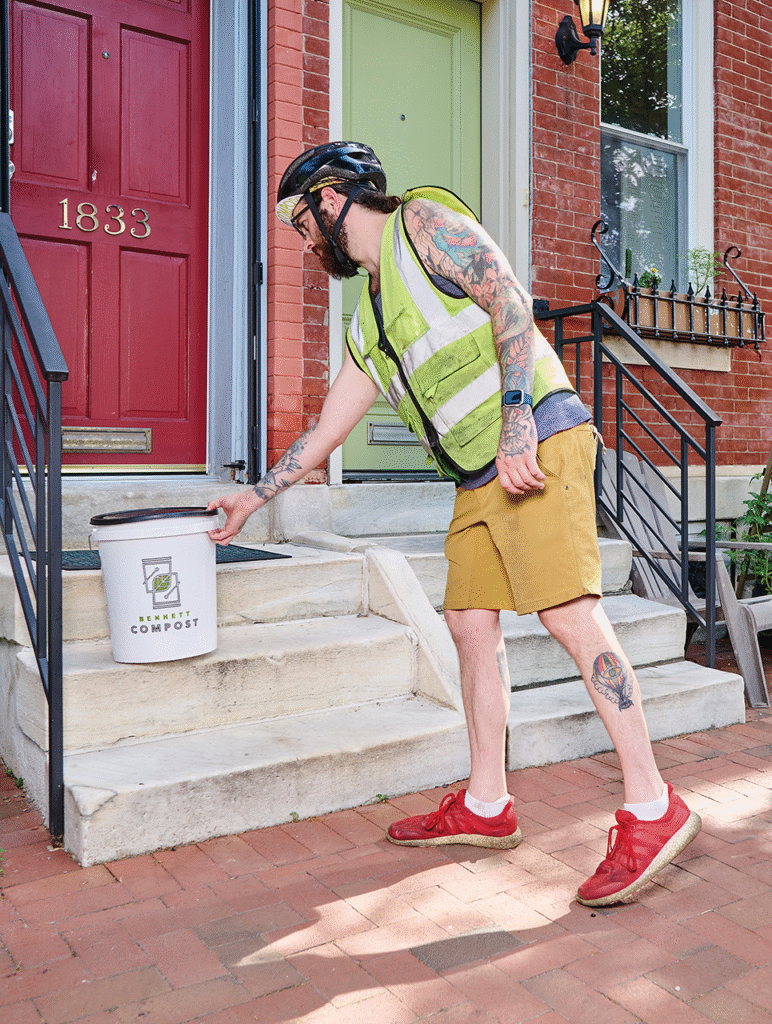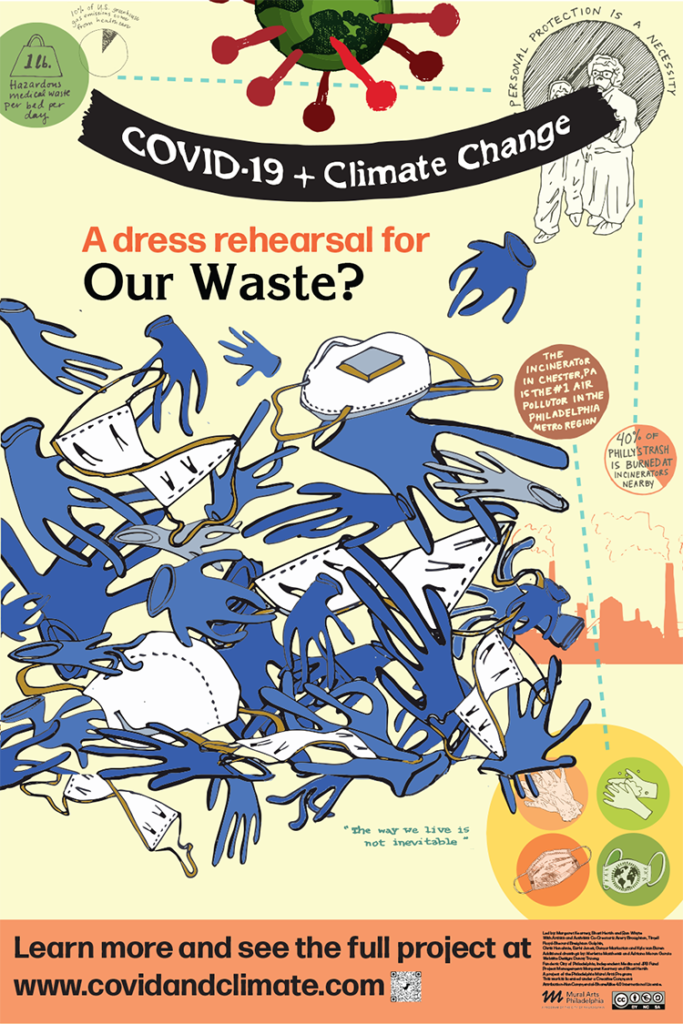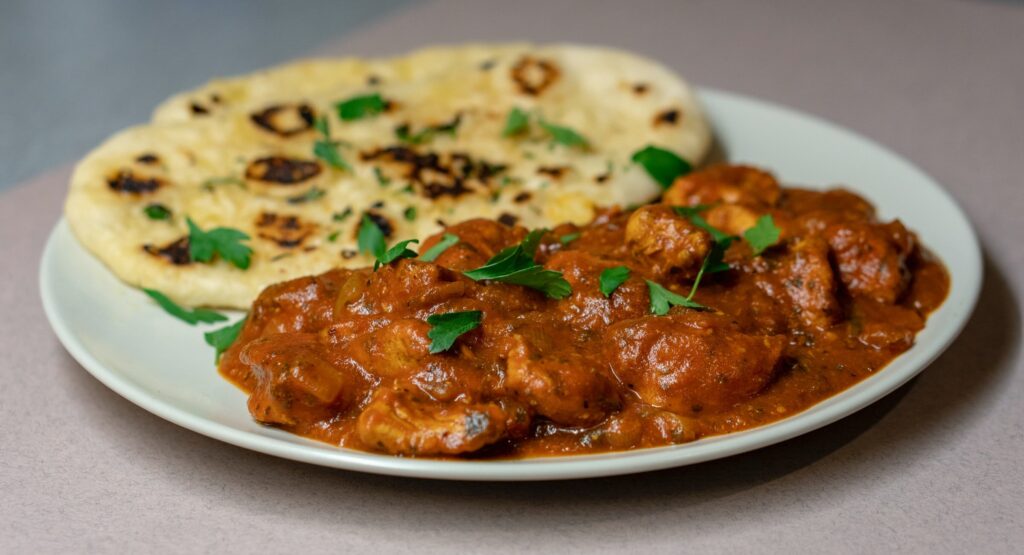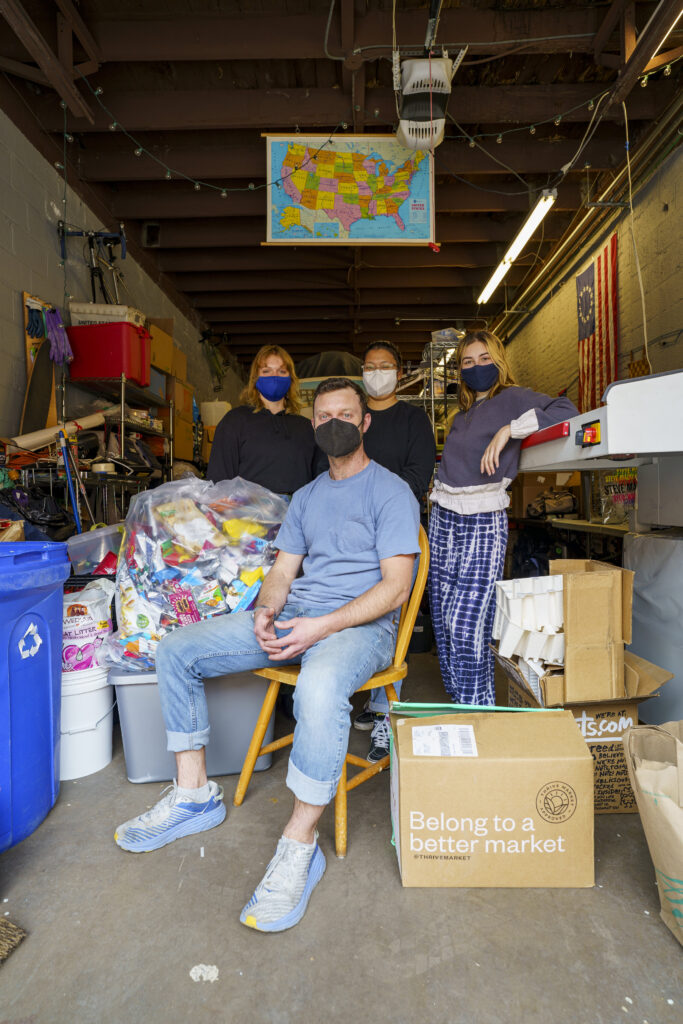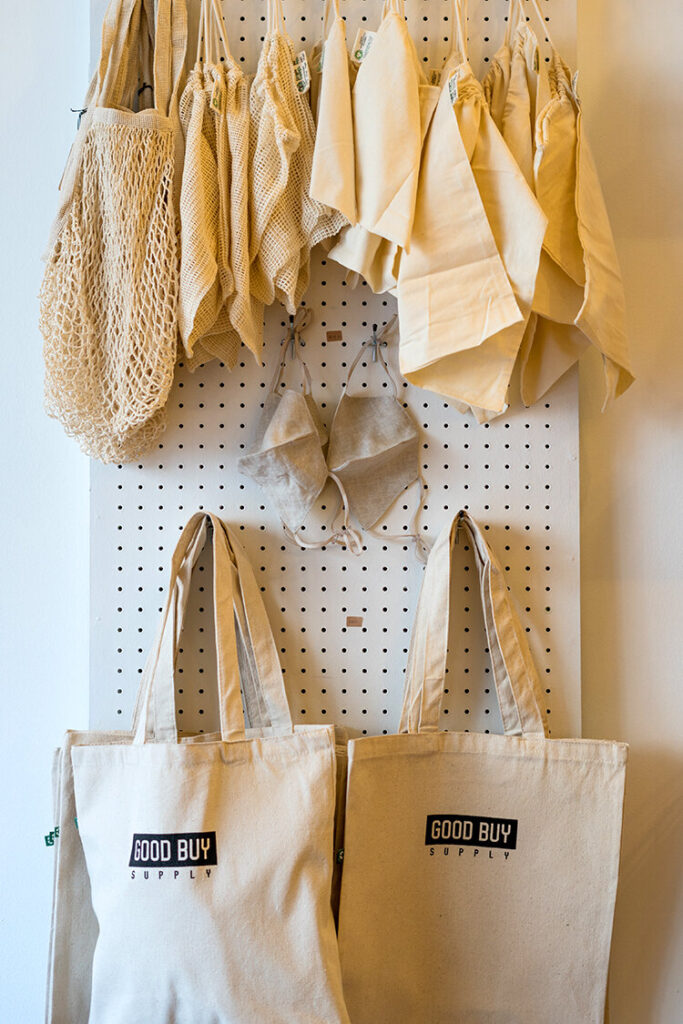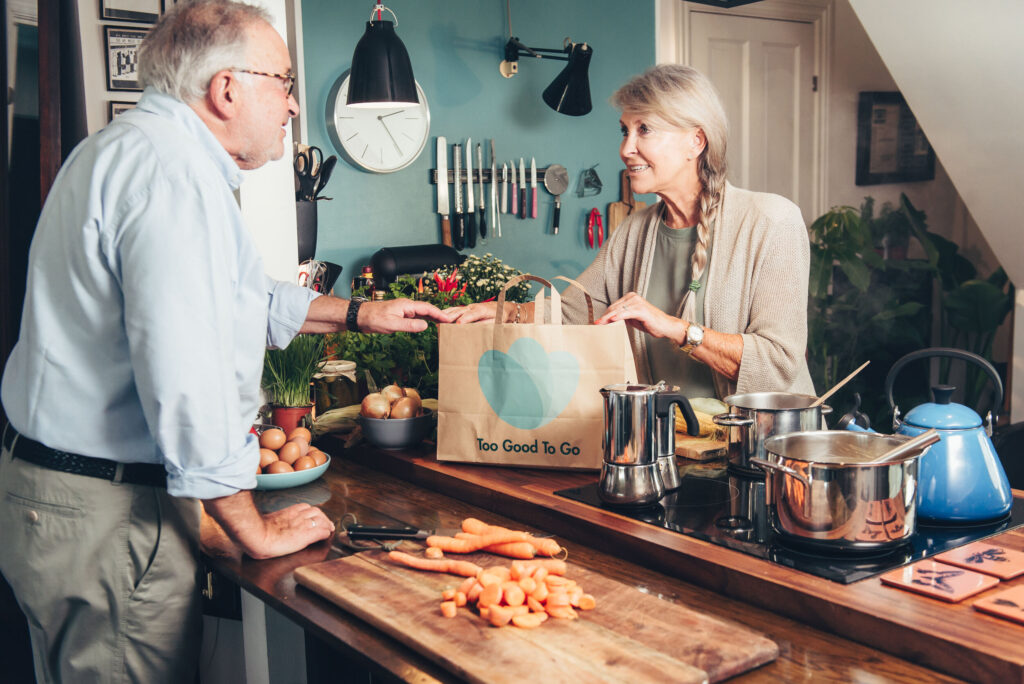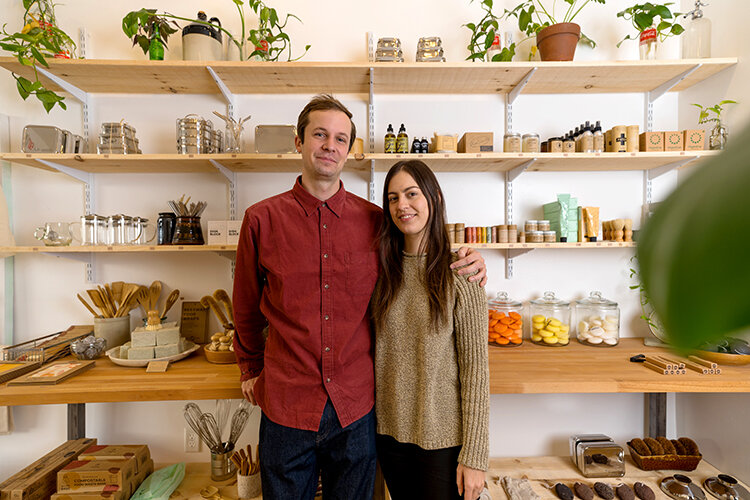My last three columns have focused on ways that Philadelphia could launch or expand food scrap drop-off programs. And drop-off programs are the place to start. They build awareness, provide an option for motivated citizens who can’t afford private collection services, and they have relatively low operation costs. But when I saw that Washington, D.C.,
MoreIn January 2019, Grid ran a cover that read “Dumpster Fire.” The article, entitled “A Big Waste,” was about the fact that Philadelphia was burning 50% of its recyclables. Keep in mind this was well before the pandemic, so there were no excuses of extraordinary volume or of a depleted workforce. What the article revealed
MoreBy Shari Hersh, Ron Whyte and Emma Wu While many people are experiencing pandemic fatigue, understandably eager for a return to normalcy, the COVID-19 crisis remains far from over. India is experiencing a nightmarish second wave that has led to overcrowded hospitals and critical shortages of lifesaving medical equipment. In its neighboring country Nepal, the
MoreIn the United states, hospitals produce almost 6 million tons of garbage each year. The pandemic hasn’t helped this already existing problem, globally, between late July and December 2020, volunteers collected more than 107,000 pieces of PPE from beaches and waterways, and this is likely a vast undercount of what was and remains out there.
MoreIn my February Grid commentary on the glut of single use takeout food containers during the pandemic, I expressed hope that local innovators and entrepreneurs would develop reusable container systems. I’m excited to report that my hopes have been answered—or at least they were for a moment On March 22, 2021 Philadelphia-area Indian food chain
MoreWhen I was a kid—we’ll call this long ago time “the ’70s”—seatbelts hung unused while Mom’s arm reached across our bodies any time our car came to a sudden stop. Beer and soda were packaged in aluminum cans and had what was called a “pull-tab,” or “ring-tab.” You would put your finger through the ring
MoreIn 2020 the failures of Philadelphia’s recycling and waste management were on spectacular display. Sanitary workers were seen throwing garbage bags and carefully sorted recyclables into the same truck, leaving environmentally minded onlookers appalled. The city blamed a depleted workforce, ravaged by COVID-19, and a significant increase in volume due to people staying home. But
MoreTrump sycophant and stooge Sebastin Gorka once said that the New Green Deal is like a watermelon: “It’s green on the outside but bright red on the inside.” As much as it pains me to give print space to someone like Gorka, this may be one of the best explanations of this aspirational legislation that
More“What do you mean you can’t recycle this?” This is a question I get from my 6-year-old son all too often, especially when we’re bringing new items into our home. I want to tell him that we need to figure out an economy that can thrive without such an outsized focus on consumption. But he’s
MoreConnecting local dining establishments and grocery stores with eco-minded and bargain-hunting customers, Too Good To Go—an app designed to decrease food waste—will be available to Philadelphians starting February 23. Founded in Copenhagen in 2016 and currently available in 15 countries, Philadelphia marks the app’s third U.S. city expansion, following its rollout in greater New York
MoreWhen Emily Rodia and Jason Rusnock began pursuing a low-waste lifestyle, they started small. They replaced single-use items in their lives—trading up for things like reusable water bottles and bamboo toothbrushes. Before they knew it, the amount of plastic they put out on the sidewalk each week had dwindled. Three years after starting their zero-waste
More
